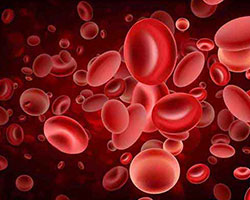Hemophagocytic lymphohistiocytosis (HLH) is a medical condition in which the human body develops large number of activated immune cells, known as macrophages and lymphocytes. Person suffering from HLH usually develop symptoms within the first month or year of life. The symptoms of HLH includes cytopenia, fever, enlarged liver or spleen, and neurological abnormalities. There are five sub-types of inherited HLH reported which are designated as familial HLH, types 1-5. Each subtype is caused by different gene mutation. The genetic cause of type 1 HLH is currently unknown. Types 2-5 HLH are caused by mutations in the PRF1 gene, the UNC13D gene, the STX11 gene and the STXBP2 gene, respectively. The treatment of HLH depends on a number of factors, including the severity of symptoms, the age of onset, and the underlying cause of the condition.
-
The report provides a comprehensive understanding of the pipeline activities covering all drug candidates under various stages of development, with the detailed analysis of pipeline and clinical trials.
-
Pipeline analysis of drugs by phases includes product description and development activities including information about clinical results, designations, collaborations, licensing, grants, technology, and others.
